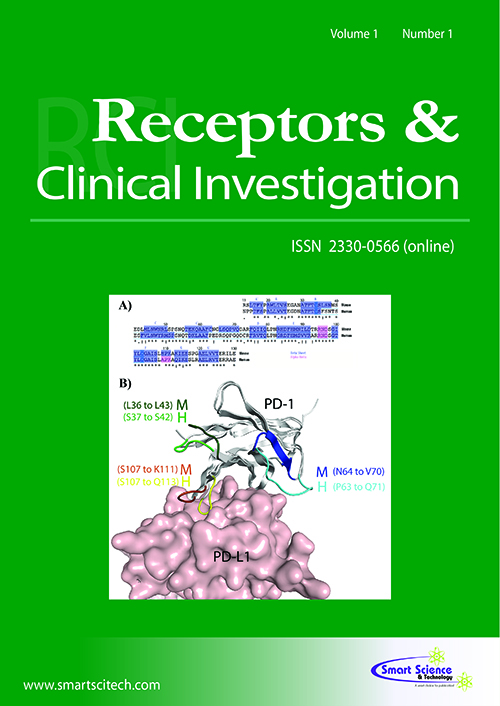Soluble urokinase-type plasminogen activator receptor (suPAR) in multiple respiratory diseases
Abstract
Serum soluble urokinase-type plasminogen activator receptor (suPAR) is a glycoprotein secreted during infections and inflammation [1]. Urokinase-type plasminogen activator (uPA) is secreted by polymorphonuclear neutrophils (PMN) and macrophages; then uPA binds to membrane urokinase-type plasminogen activator receptor (uPAR) [2]. suPAR is formed by cleaved from the uPAR [2]. suPAR is expressed in various cell types, such as macrophages monocytes, endothelial cells and neutrophils [3]. suPAR can be potentially cause or modulate various diseases in patients with cancer, various infectious and inflammatory diseases (including infections with human immunodeficiency virus (HIV), tuberculosis, liver fibrosis and inflammatory bowel disease) [2, 3]. suPAR can convert plasminogen to plasmin, which degrades fibrin, activates matrix metalloproteases and mediates proteolysis of extracellular matrix proteins during cellular invasion [4]. suPAR modulate the functions of integrins (including activating intracellular signals, monocyte chemotaxis, cell adhesion and proliferation) [4, 5]. So suPAR contributes to cell adhesion, migration, proliferation inflammation, chemotaxis, proteolysis, immune system activation, tissue remodeling and signal transduction [5, 6]. Several studies have identified that suPAR level is a important marker in patients with various diseases and associated with a poorer outcome in a range of non-infectious and infectious diseases [2]. Biomarkers of lung disease are required to aid diagnosis, define clinical phenotypes and monitor the response to existing and new therapeutic strategies. Our review aims to explore the potential of suPAR as a general marker in the diagnosis, prognosis and follow-up of therapy of lung disease.











